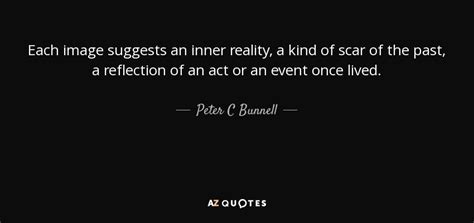A Quote by Edmund Morgan
History at its best is vicarious experience.
Quote Topics
Related Quotes
It would be hard to conceive a system of instincts more nicely adjusted, where the constituents should represent or support one another better. The husband has an interest in protecting the wife, she in serving the husband. The weaker gains in authority and safety, the wilder and more unconcerned finds a help-mate at home to take thought of his daily necessities. Parents lend children their experience and a vicarious memory; children endow their parents with a vicarious immortality.
Direct experience is inherently too limited to form an adequate foundation either for theory or for application. At the best it produces an atmosphere that is of value in drying and hardening the structure of thought. The greater value of indirect experience lies in its greater variety and extent. History is universal experience, the experience not of another, but of many others under manifold conditions.
Music isn't seeking to comment on the experience or transmit some finding about it - it is only seeking to express it. The vicarious experience is much more accessible. We all recognize the sound of that howling, because we all have a similar howling inside of us, however we heed it or hold it or muzzle it or repress it or live in bondage to it.
People's conceptions about themselves and the nature of things are developed and verified through four different processes: direct experience of the effects produced by their actions, vicarious experience of the effects produced by somebody else's actions, judgments voiced by others, and derivation of further knowledge from what they already know by using rules of inference






































